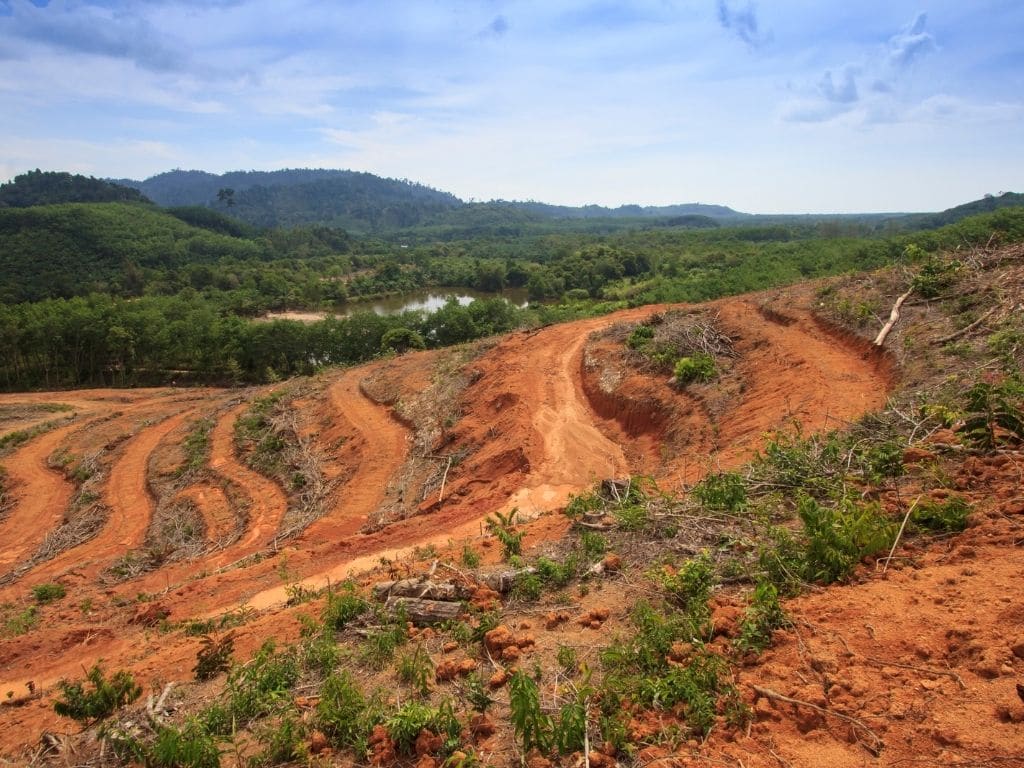Deforestation poses a grave threat to Africa, impacting the environment, agriculture, and communities. The Food and Agriculture Organisation (FAO) of the United Nations, defines deforestation as the conversion of forested areas to non-forest land, resulting in far-reaching consequences. The environmental impact is severe, contributing to climate change, soil erosion, and biodiversity loss. Agriculture, vital for many communities, faces challenges due to altered weather patterns affecting crops and water sources. Chatham House reports an annual loss of 3.9 million hectares of forest in Africa, disrupting traditional livelihoods.
This article explores the silent cascades of deforestation, revealing its interconnected effects on the environment, agriculture, and communities because addressing deforestation is not merely a conservation necessity, but a collective commitment to preserving Africa’s delicate balance. According to the FAO, Nigeria has the world’s highest deforestation rate of primary forests even though, it has lost more than half of its primary forest in the last five years. In Nigeria, deforestation echoes in various states, with significant local and global impacts. Activities like agricultural expansion and logging drive deforestation, posing challenges to afforestation initiatives and linking to poverty while Nigeria’s experience exemplifies broader challenges faced in Africa.
According to Earth.Org, chopping down trees reduces forests’ ability to absorb carbon dioxide, worsening Africa’s water crisis. Kenya experiences rising deforestation rates, emphasising the urgency of addressing deforestation to preserve the environment and communities. Deforestation profoundly influences agriculture in Africa. Loss of forests directly impacts soil fertility, leading to erosion and water scarcity. Reliable water sources diminish, causing uncertainty in crop yields. In African communities, deforestation disrupts lives, as many depend on the forest for resources and traditional practices. Economic vulnerability and cultural drift result from the degradation of the forest, highlighting the urgency to address deforestation for local livelihoods.
Deforestation significantly contributes to climate change in Africa, impacting weather patterns. The removal of trees reduces carbon absorption, leading to observable shifts in weather patterns. Tackling deforestation becomes critical in mitigating climate change’s broader impacts. Hence, governmental policies play a pivotal role in addressing deforestation across African countries. Many nations in Africa have recognised the urgency of the issue and implemented policies aimed at sustainable land use and forestry management. These policies involve regulations on logging, land clearance, and reforestation initiatives. Conservation efforts are also underway, with governments partnering with environmental organisations and local communities, to preserve biodiversity and natural habitats.
These initiatives underscore the collective commitment to balancing economic development with environmental preservation. In Africa, notable success stories highlight the effectiveness of targeted measures against deforestation. For instance, in Ethiopia, the government-led “Green Legacy” initiative is set out to plant billions of trees, showcasing the potential impact of large-scale reforestation efforts. Similarly, community-led conservation projects in countries like Uganda and Madagascar have demonstrated the effectiveness of involving local communities in protecting their natural resources. These cases emphasise the importance of collaborative approaches, combining governmental efforts, community engagement, and international support.
Lessons learned from these successes provide a roadmap for scalable solutions to counteract the impacts of deforestation across the continent. Local communities in Africa perceive deforestation as a direct threat, thus prompting local-led efforts for conservation and reforestation. Growing awareness of the interconnectedness between forests and community well-being is evident. If current deforestation trends persist, Africa faces heightened environmental degradation. Sustainable land-use practices, community-led initiatives, agroforestry, technology, and international collaboration offer hope for a harmonious future. The ripple effects of deforestation in Africa extend globally, emphasising the need for collaborative solutions. On a final note, Africa’s experience serves as a guide for shaping effective strategies in the global pursuit of conservation, urging recognition of the delicate balance between human activities and planetary sustainability.


